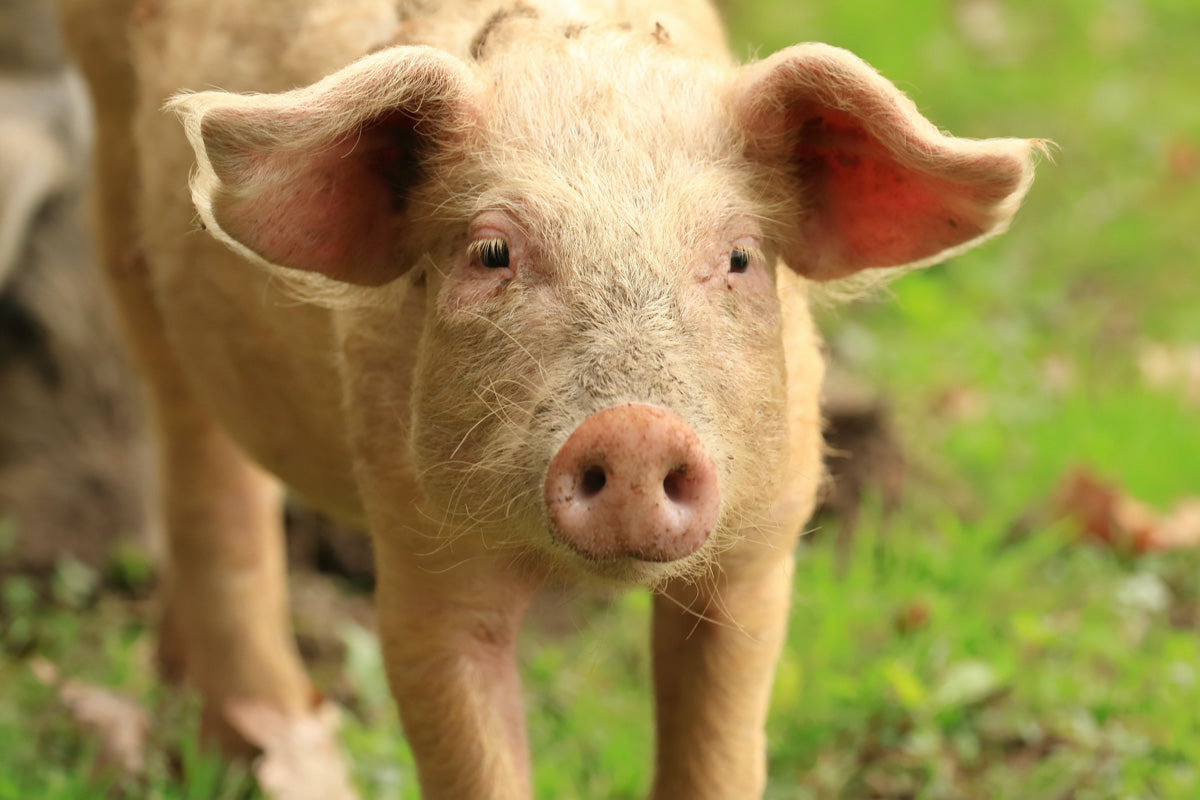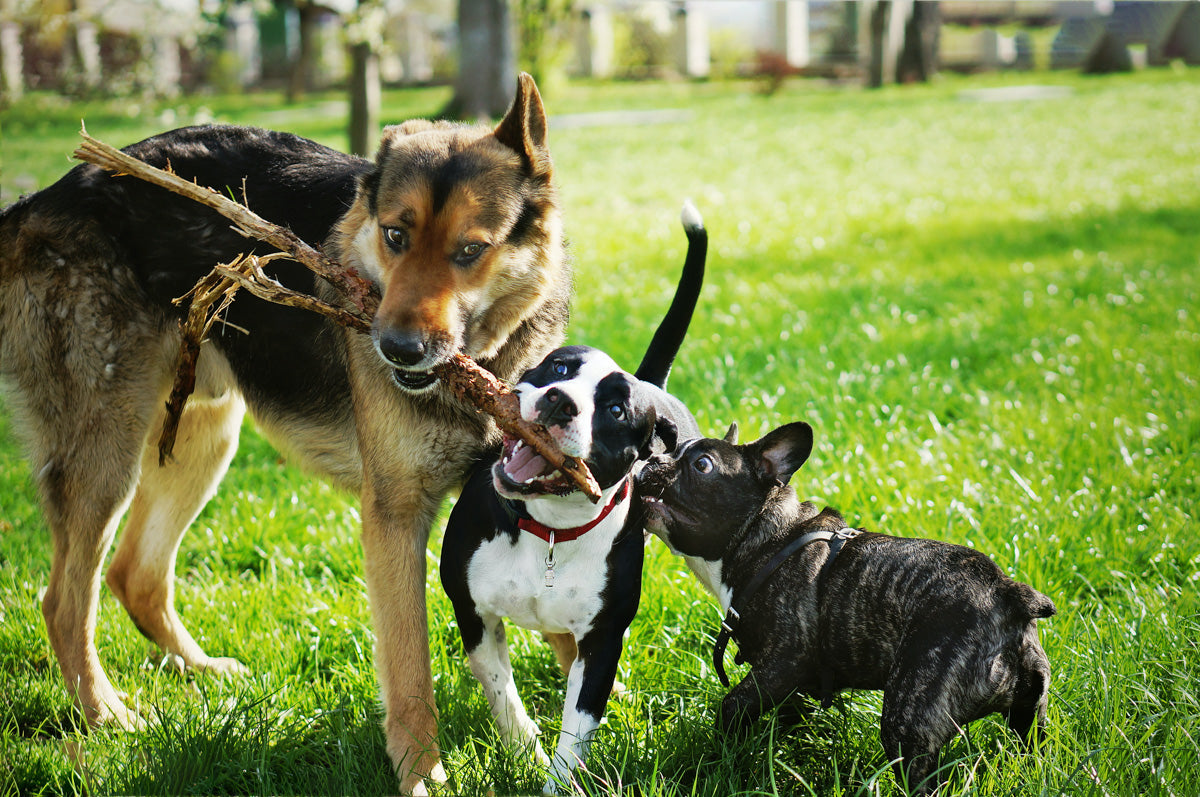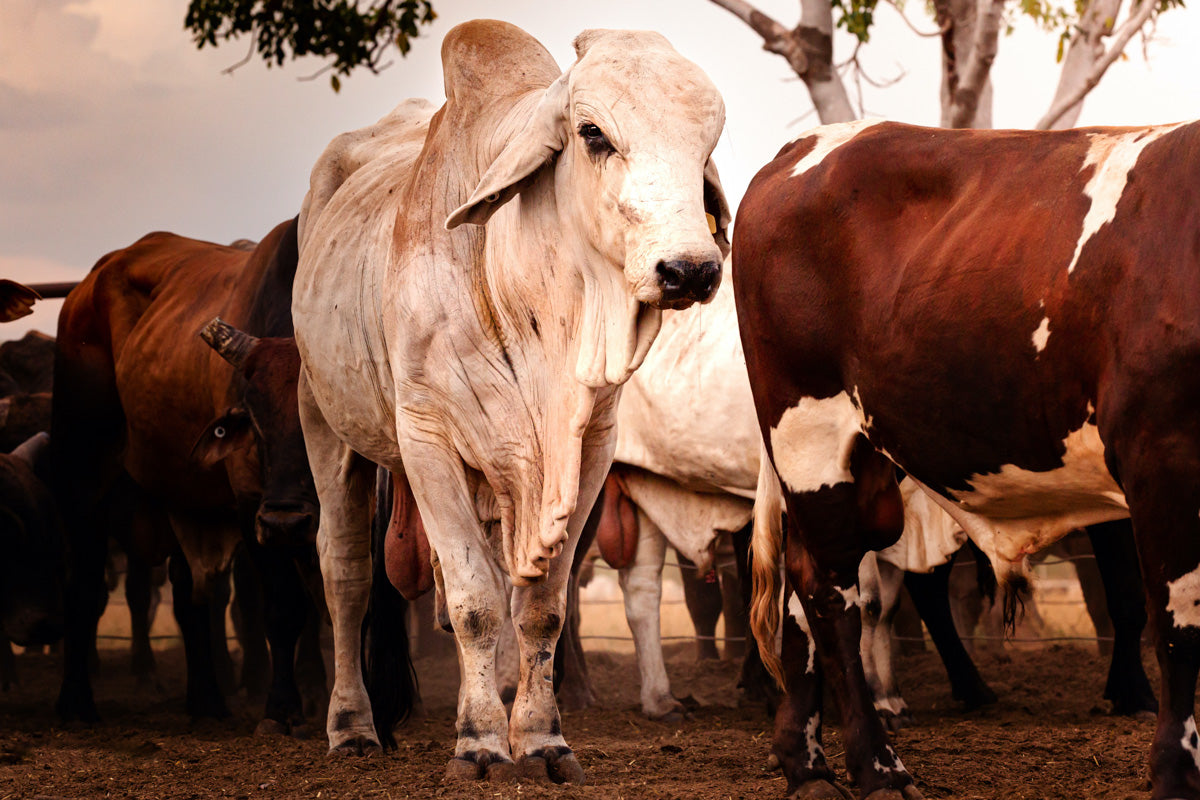Pigs are intelligent, social, and inquisitive animals, and they can make excellent pets for the right owner. However, it is important to understand the unique needs and characteristics of pigs before deciding to bring one into your home.
One of the main advantages of owning a pig as a pet is their intelligence. Pigs are highly intelligent animals and can be easily trained to do tricks, respond to commands, and even use a litter box. They are also naturally curious and enjoy exploring their environment, which can make for an entertaining and engaging pet.
Pigs are also social animals and thrive on human companionship. They form strong bonds with their owners and enjoy spending time with them, whether it's cuddling on the couch or going for walks. However, it is important to remember that pigs are not solitary animals and do best when they have at least one other pig as a companion.
Another advantage of owning a pig as a pet is their low-maintenance nature. Pigs are generally clean animals and will use a designated area as a bathroom, making them relatively easy to house-train. They also require minimal grooming and do not need to be bathed frequently.
Despite these advantages, there are also some important considerations to keep in mind when considering a pig as a pet. One of the most significant factors to consider is their size. Pigs can grow to be quite large, with some breeds weighing up to several hundred pounds. This means that they require a significant amount of space to move around and exercise, and may not be suitable for apartment or small home living.
Pigs also have specific dietary requirements that must be met in order for them to stay healthy. They need a balanced diet that includes a variety of fresh fruits and vegetables, as well as a source of protein such as commercial pig feed or cooked eggs. It is important to avoid feeding pigs sugary or fatty foods, as these can lead to health problems such as obesity and diabetes.
Another consideration is the legal restrictions around pig ownership in some areas. In some cities and towns, owning a pig as a pet may be prohibited or require a special permit. It is important to check local laws and regulations before bringing a pig into your home.
In addition to these considerations, it is important to remember that pigs have a natural instinct to root and dig. This means that they may cause damage to floors, walls, and furniture if not provided with an appropriate outlet for their behavior. They may also be prone to chewing and may need to be trained to avoid destructive behavior.
Overall, pigs can make wonderful pets for the right owner. They are intelligent, social, and low-maintenance animals that can provide years of companionship and entertainment. However, it is important to carefully consider the unique needs and characteristics of pigs before deciding to bring one into your home, and to ensure that you have the resources and space necessary to provide for their care and well-being.




